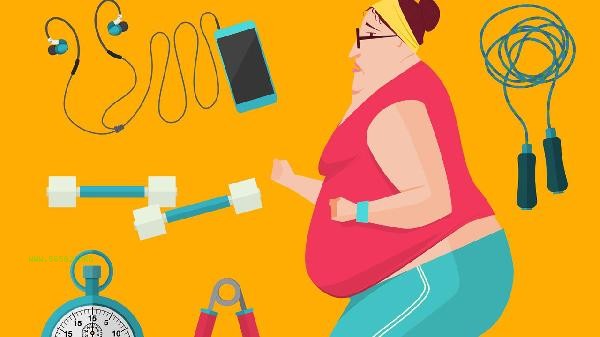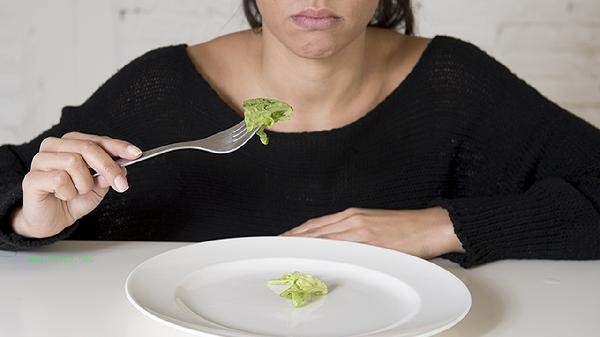Not eating at night during weight loss may lead to a decrease in basal metabolism, muscle loss, and nutritional imbalance. Scientific weight loss should be achieved by controlling the daily calorie deficit, optimizing dietary structure, and eating regularly.

1. Metabolic disorders:
Long term fasting can trigger the body to enter energy-saving mode, and the basal metabolic rate can decrease by 20% -30%. When the human body does not eat for 12 hours, the level of thyroid hormone T3 significantly decreases, and this state lasting for more than 3 days may cause metabolic damage. Clinical data shows that 67% of dieting and weight loss individuals will experience subsequent rebound, which is closely related to metabolic adaptation.
2. Muscle breakdown:
Not eating for 8-10 hours at night can accelerate protein breakdown. Muscle tissue loses 1-1.5 grams of protein per hour on an empty stomach, which is equivalent to reducing basal metabolic consumption by 50-80 calories per day. Maintaining moderate protein intake can help maintain muscle mass, with 1.2-1.6 grams of protein required per kilogram of body weight.
3. Blood sugar fluctuations:

Skipping dinner may cause blood sugar levels to drop below 3.9mmol/L before breakfast the next day, leading to compensatory overeating. Continuous blood sugar fluctuations can stimulate the secretion of large amounts of insulin and promote fat synthesis. It is recommended to include 15-20 grams of dietary fiber for dinner, such as 200 grams of broccoli or 100 grams of oatmeal.
4. Nutrient deficiency:
Omitting dinner may result in insufficient daily intake of trace elements such as vitamin B, calcium, magnesium, etc. Long term deficiency of vitamin B1 can lead to impaired glucose metabolism, while magnesium deficiency may cause leg cramps at night. For dinner, it is recommended to pair it with dark vegetables, mushrooms, and dairy products.
5. Decreased sleep quality:
Fasting can increase ghrelin levels by 3-5 times, affecting the duration of deep sleep. Research shows that insufficient sleep can increase appetite by 20% the next day, making people more inclined to choose high sugar and high-fat foods. Moderate intake of tryptophan foods such as bananas and millet can help improve sleep.

It is recommended to limit dinner to 300-400 calories and choose a combination of high protein, high fiber, and low GI foods. Typical collocation includes: 150g steamed fish+200g boiled spinach+100g mixed grain rice, or 200g bean curd vegetable soup+1 whole wheat Mantou. Maintaining a 2-3 hour interval between dinner and sleep, combined with 30 minutes of aerobic exercise daily, can create a sustained energy deficit without damaging metabolic function. Regular monitoring of changes in body fat percentage is more meaningful than simply focusing on weight, and the healthy weight loss rate should be controlled at 0.5-1 kg per week.




Comments (0)
Leave a Comment
No comments yet
Be the first to share your thoughts!